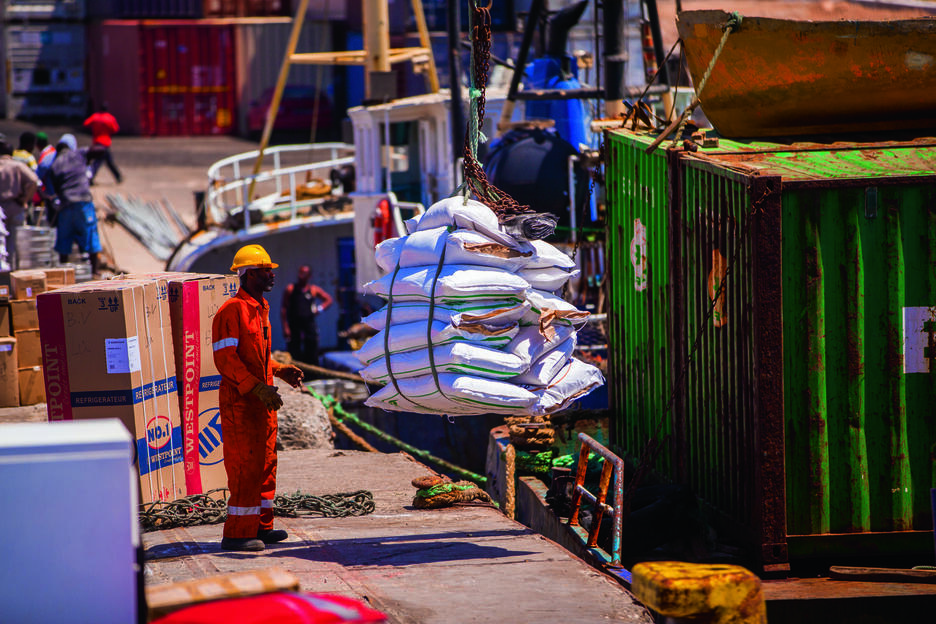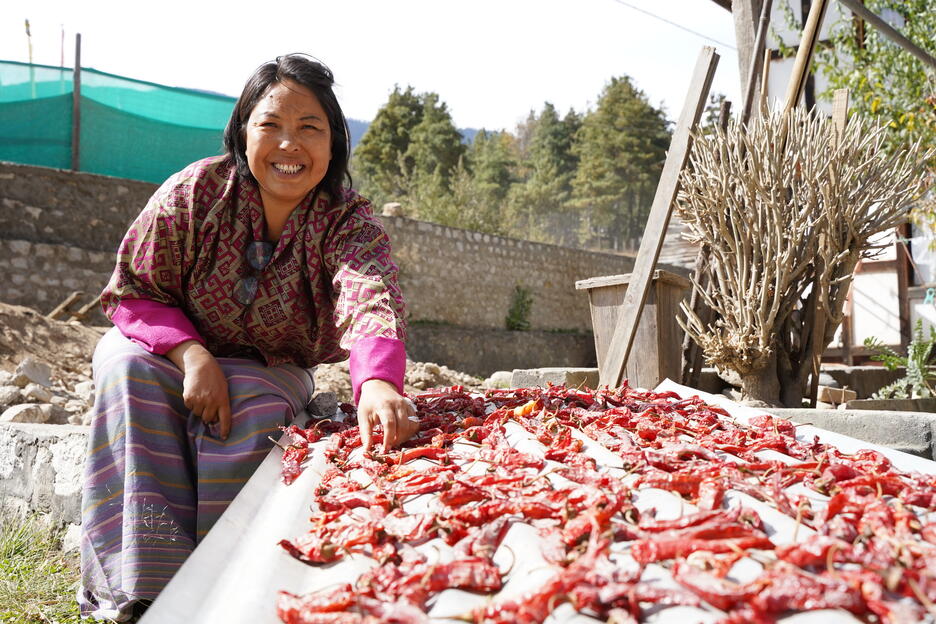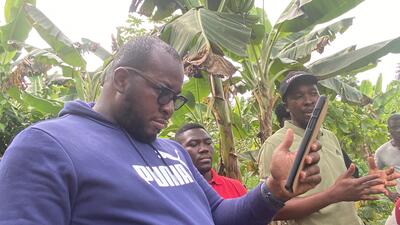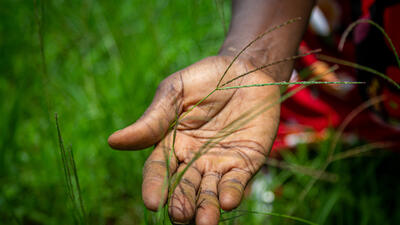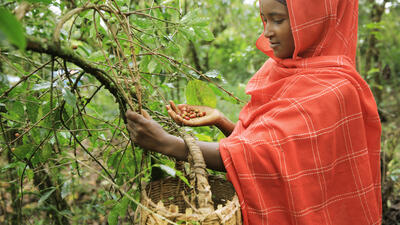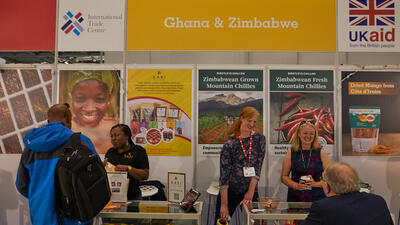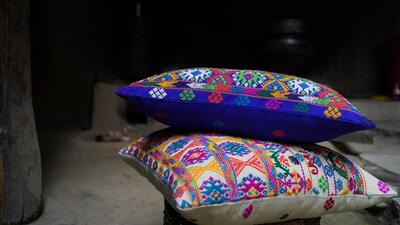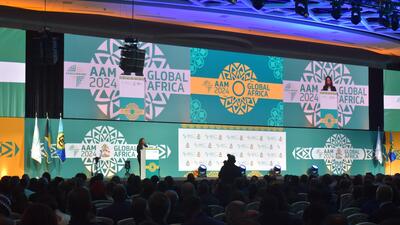
Rising above the challenges of least developed countries
“Supporting LDCs… means promoting open and fair-trade rules, so all countries can compete on a level playing field, no matter their position on the development ladder.”
– UN Secretary-General, Antonio Guterres
By Rabab Fatima
UN High Representative for the Least Developed Countries, Landlocked Developing Countries and Small Island Developing States (UN-OHRLLS)
Trade is a positive force for sustainable development, especially in least developed countries (LDCs).
Yet today, LDCs remain marginalized in world trade, which seriously hampers their ability to foster prosperity and growth.
Together, the 46 LDCs, with 14% of the world’s population, represent barely 1% of global trade.
Their exports tend to be highly concentrated in some basic products, with little diversity or ‘value-added’. They lack both product and market diversities.
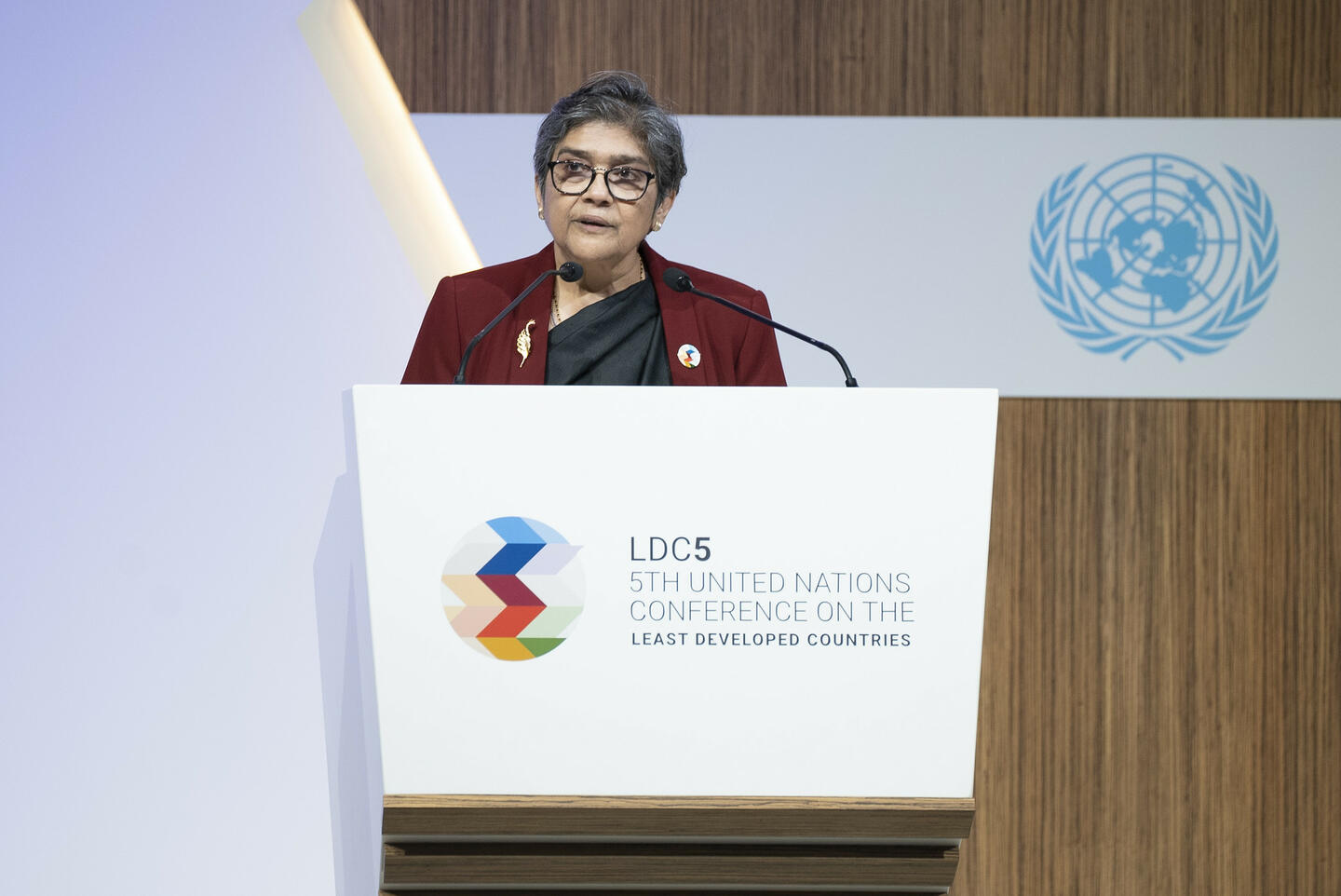
For all 46 LDCs, food is at the heart of their trade potential. Each is classified as a net food importing developing country by the World Trade Organization (WTO).
An overreliance on food importation (rather than exportation), can lead to serious vulnerabilities when it comes to food security, especially in a changing climate.
While food security problems in least developed countries are deep-rooted and multidimensional, the external market environment is of critical importance for countries that depend on the world market for a considerable part of their consumption year after year.
New challenges have emerged. The increasing complexity and severity of global crises affecting LDCs, including climate change, the rising cost of living and debt, have further underscored their vulnerability to external shocks.
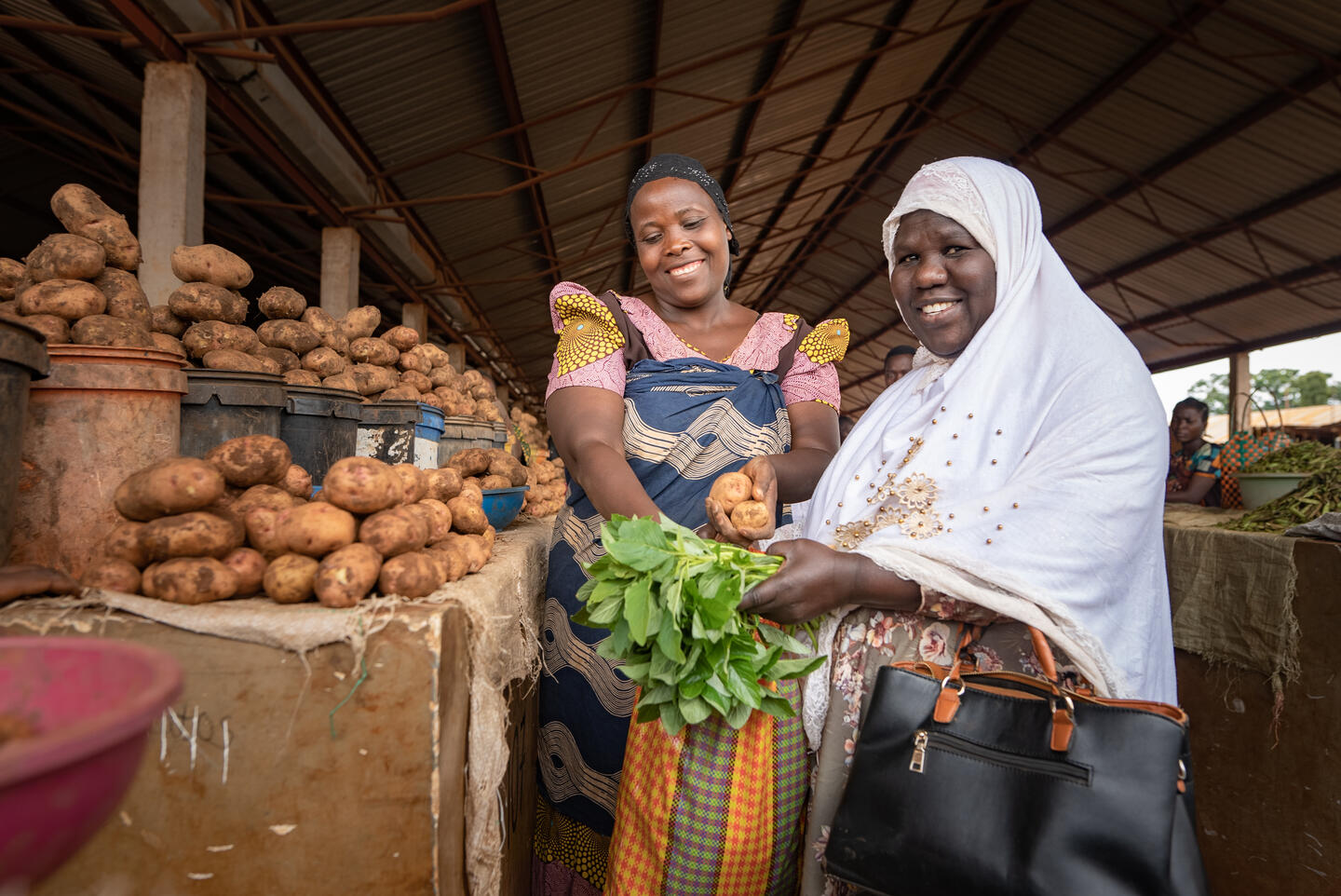
The Doha Programme of Action has clear ambitions to address these structural impediments to LDCs’ development. Two of the focus areas of the Doha Programme of Action refer to enhancing international trade and regional integration and building resilience.
My office has engaged in a partnership with the International Trade Centre (ITC) to leverage opportunities that can unleash the potential of trade for the more than 1.2 billion people living in LDCs. Through this partnership, we support Member States in finding solutions to address food emergencies while, at the same time, building the resilience of their agri-food systems.
In our joint report Improving Food Security, launched at LDC5 earlier this year, we made the case for support measures to assist countries in responding to short-term emergency situations while addressing the long-term constraints that prevent them from eradicating hunger and gaining access to sufficient and nutritious food.
A large share of households in LDCs, which already spend much of their income on food and have limited coping mechanisms at their disposal, suffer most and should be at the heart of any intervention.
Stockholding can play a crucial role in reducing food insecurity. It is a critical instrument to improve the food security of vulnerable people and would serve as a crucial means to limit price volatility while, at the same time, support LDCs in building their long-term capabilities to strengthen their agri-food systems. The Doha Programme of Action also commits to exploring new stockholding options for LDCs.
At OHRLLS, in our own work and through our partnership with ITC, we stand ready to continue to support the most vulnerable countries in their path towards sustainable and inclusive development.




